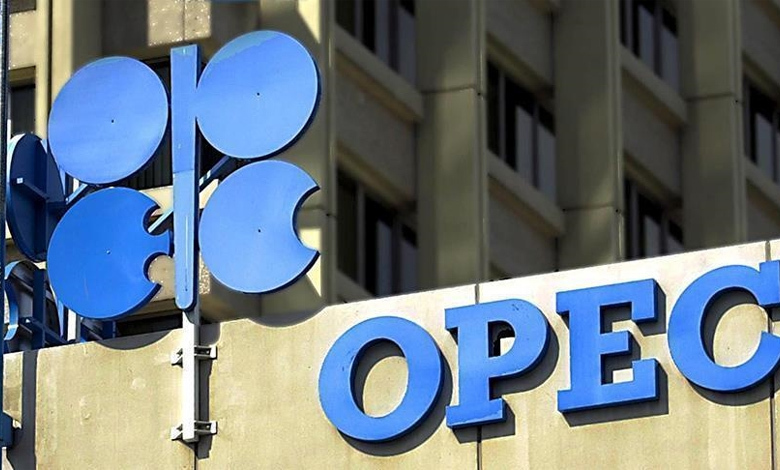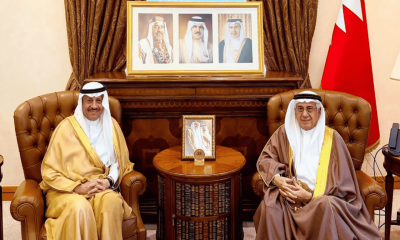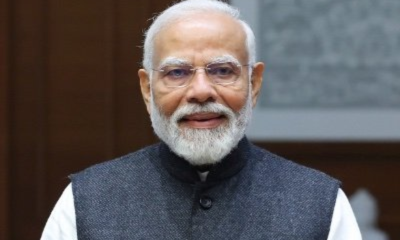In response to the recent nosedive in oil prices, Saudi Arabia is spearheading efforts to persuade OPEC+ members to reduce their oil output quotas, aiming to bring stability to the turbulent global energy markets. Despite the kingdom’s independent reduction of 1 million barrels per day (bpd) since July, some OPEC+ members are reportedly resisting the proposal.
The OPEC+ leader’s call for additional cuts comes as part of ongoing discussions within the producers’ coalition, leading to a four-day delay in the policy meeting scheduled for November 30. Reports suggest that Angola and Nigeria are pushing back against reductions to their quota limits for 2024, initially established at the cartel’s June conference. While negotiations were progressing before the weekend, a final agreement remains elusive.
The current sell-off in oil prices, despite a supply deficit resulting from OPEC+ cuts in the fourth quarter, raises concerns. Escalating tensions in the Middle East pose a risk of further supply disruptions, yet investors are wary of increasing non-OPEC supply and weakening demand in major economies.
Saudi Arabia, Russia, and other OPEC+ members have previously committed to substantial oil output cuts of around 5 million bpd, equivalent to 5% of daily global demand, starting in late 2022. The Kingdom initiated a voluntary 1 million bpd cut for July, extending it through the end of the year, as an additional measure to the comprehensive OPEC+ agreement.
As the energy landscape faces uncertainties, Saudi Arabia’s push for deeper OPEC+ cuts underscores the kingdom’s commitment to market stability. The outcome of the ongoing negotiations will significantly impact global oil dynamics, shaping the strategies of major oil-producing nations in the face of evolving market challenges.
Read More: Omar Al Olama’s Call for Inclusive AI at India Global Forum






















